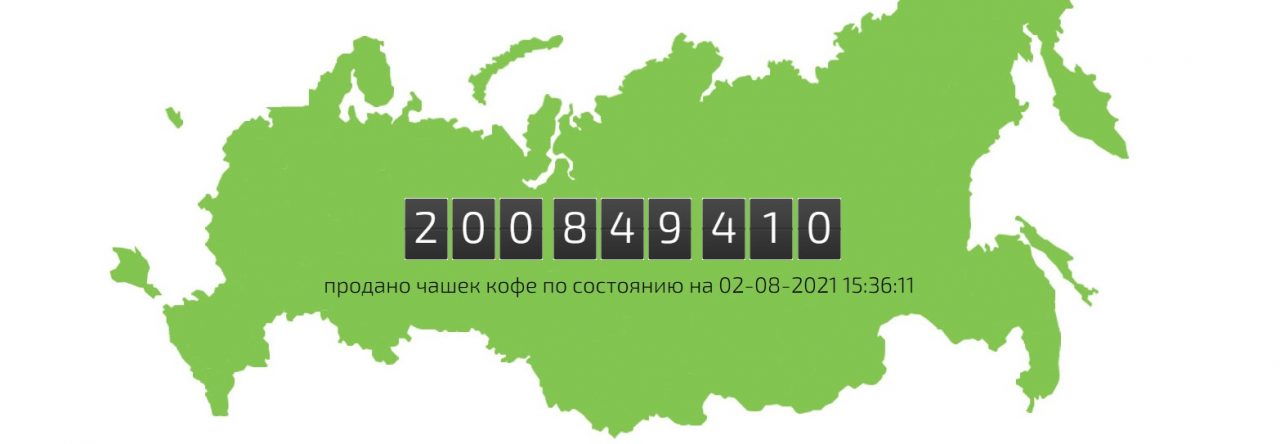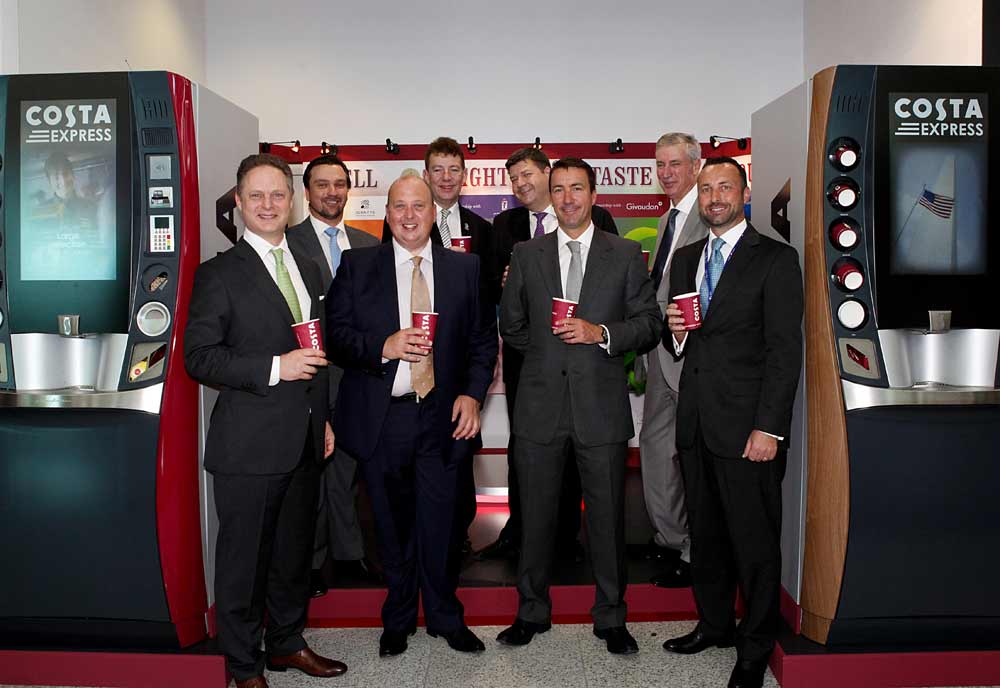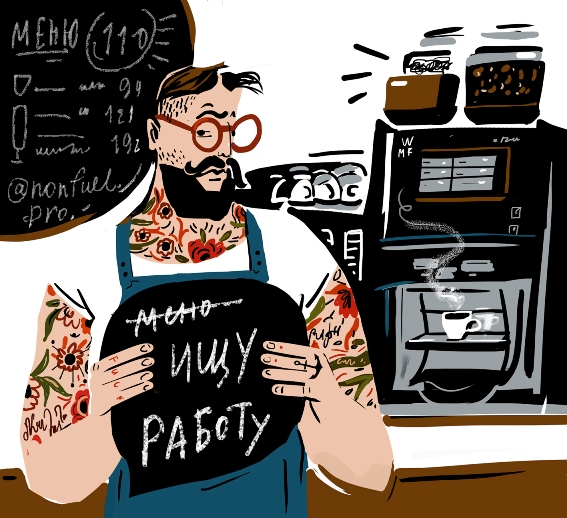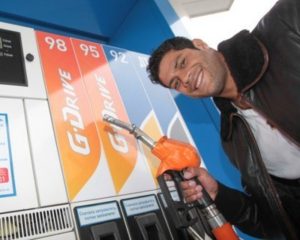Alexander Kuzmin, RusHOLTS CEO, spoke at the conference “Global and local markets of oil and petroleum products: the analysis, pricing, trade flows“, presenting the report on the non-fuel businesses of filling stations. Development and marketing of modern gas station chain have become relevant and even a prime-time topic for Russian gas station chains, both large and small. Request for an effective program of roadside service comes from the top of the Vertically Integrated Oil Companies’ management which is good. On the other hand it is sad that in the minds of many leaders the level of understanding of the non-fuel business development remained at the 2010 level.
Recently, representatives of the world’s leading management consulting companies have spoken a lot about the need for Russian gas stations chains to develop their potential of non-fuel businesses. In most cases, to the audience’s attention are offered the “best practices” based on the experience of more mature foreign markets with no less than half a century of history. Why are these recommendations still not massively implemented in the Russian conditions?





